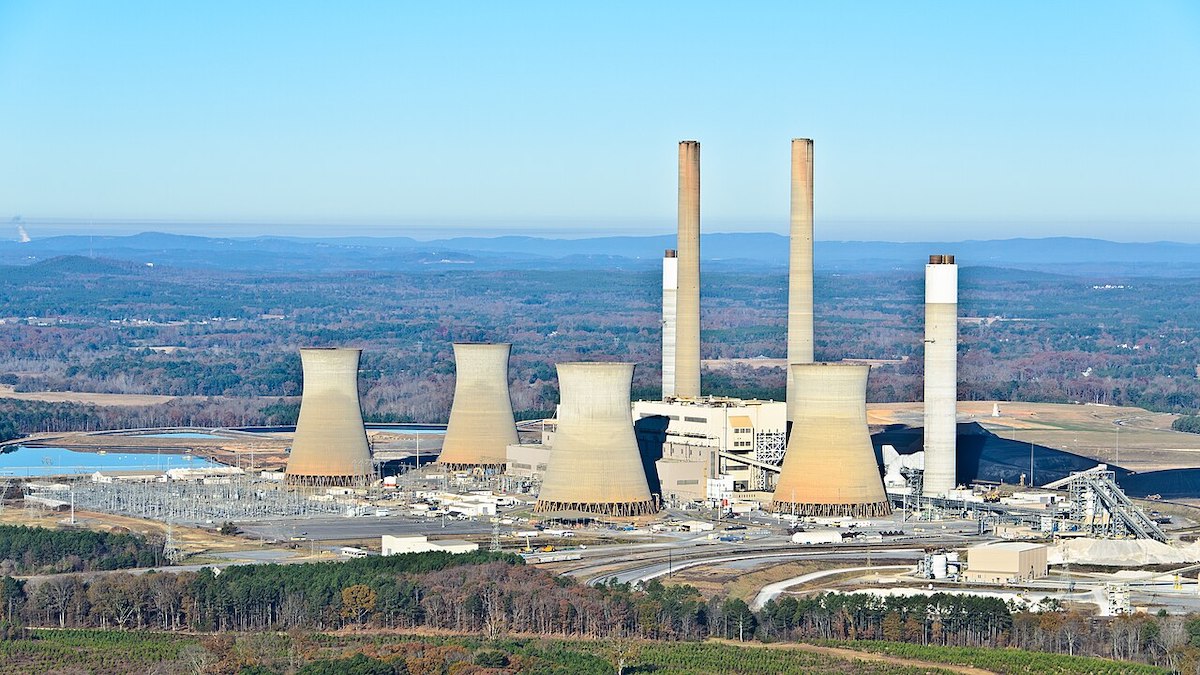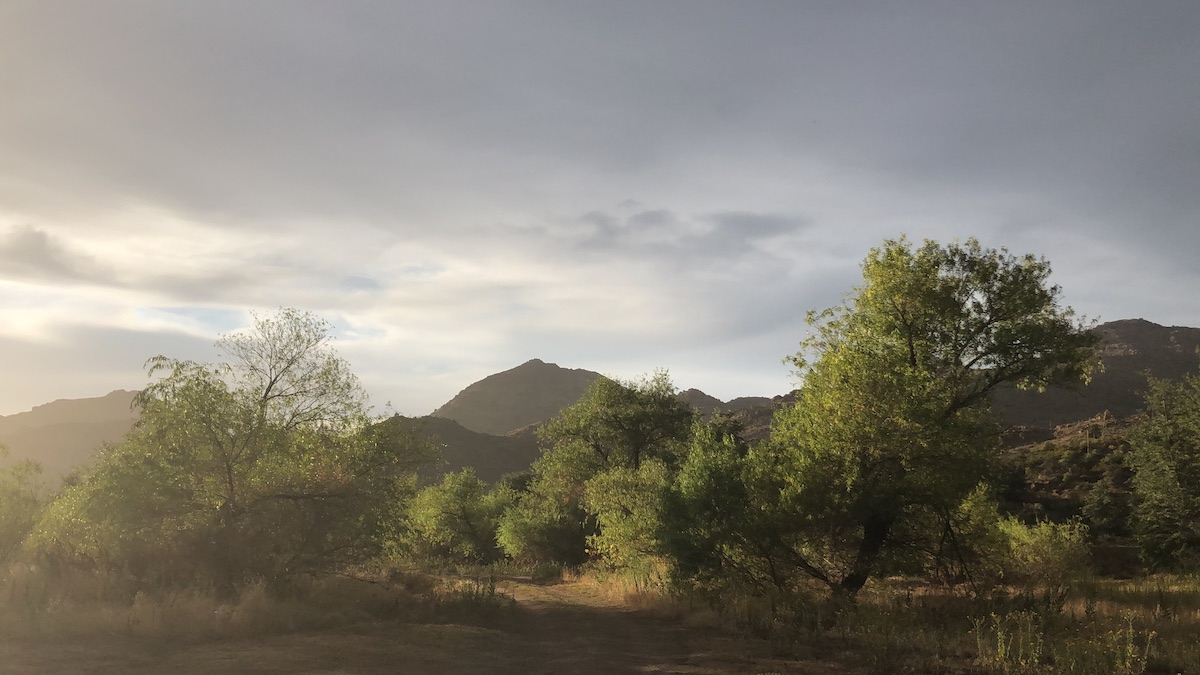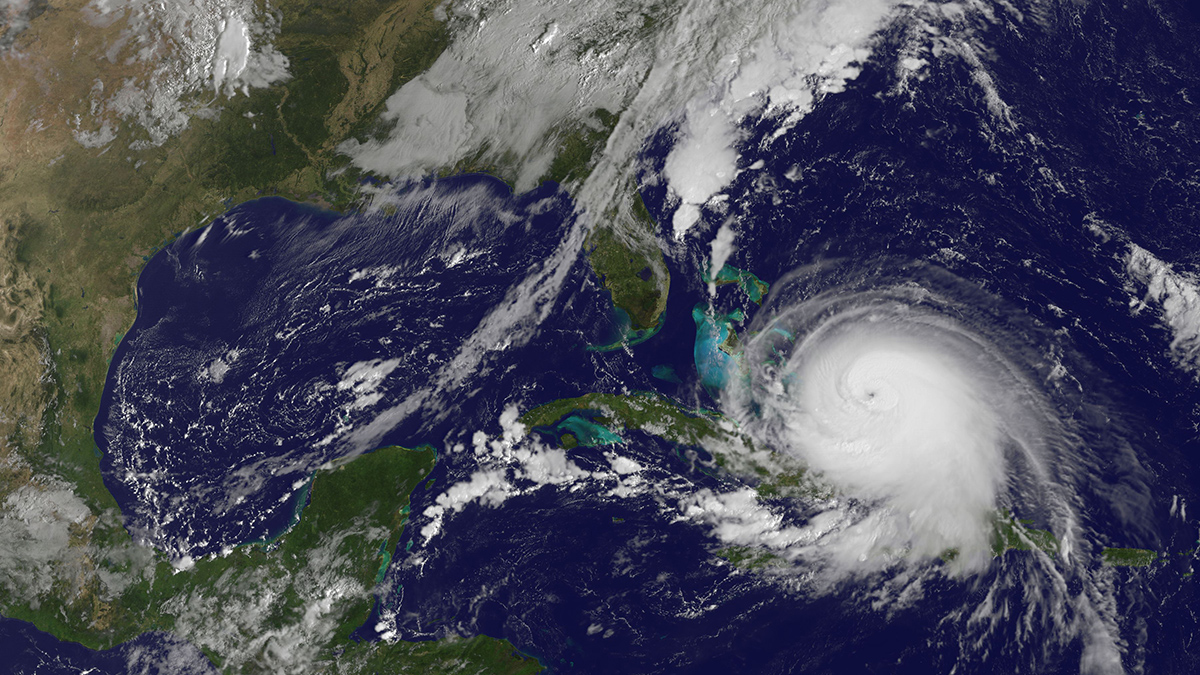On 11 June, the Environmental Protection Agency announced a proposal to repeal federal limits on power plant carbon emissions, including a Biden-era rule requiring power plants to control 90% of their carbon pollution and a 2015 standard limiting carbon dioxide emissions from new fossil fuel-fired power plants.
Grace van Deelen
Grace van Deelen, joined Eos in 2023 as a staff writer. She covers all things Earth science and is particularly interested in stories that highlight the intersection of society, the environment, and equity in science. Grace holds a master’s degree from MIT’s Graduate Program in Science Writing and bachelor’s degrees in biology and anthropology from Tufts University.
Climate Change Made Extreme Heat Days More Likely
A new attribution study shows every single extreme heat event since last May was made more probable by climate change.
Supreme Court Rejects Tribal Appeal to Halt Planned Copper Mine
On 27 May, the United States Supreme Court declined to hear arguments from a group of Apache leaders challenging a copper mine that would damage land that tribe members consider sacred, according to the Los Angeles Times.
As Climate Changes, So Do Gardens Across the United States
Warmer winter temperatures have altered frost patterns and growing seasons across the United States, forcing botanical gardens and arboretums to adapt.
Busy Hurricane Season Expected in 2025
A new NOAA report predicts an active Atlantic hurricane season, though global weather patterns could still shift predictions.
EPA to Rescind Rules on Four Forever Chemicals
The EPA plans to reconsider drinking water limits for four different PFAS chemicals and extend deadlines for public water systems to comply, according to The Washington Post.
PFAS, or per- and polyfluoroalkyl substances, are a group of chemicals that are widely used for their water- and stain-resistant properties. Exposure to PFAS is linked to higher risks of certain cancers, reproductive health issues, developmental delays and immune system problems. The so-called “forever chemicals” are ubiquitous in the environment and widely contaminate drinking water.
NSF Plans to Abolish Divisions
The U.S. National Science Foundation (NSF) plans to abolish dozens of divisions across all eight of its directorates and reduce the number of programs within those divisions, according to Science.
A spokesperson for NSF told Science that the reason behind the decision was to “reduce the number of SES [senior executive service] positions in the agency and create new non-executive positions to better align with the needs of the agency.”
NOAA Halts Maintenance of Key Arctic Data at National Snow and Ice Data Center
The National Snow and Ice Data Center (NSIDC) may no longer actively maintain or update some of its snow and ice data products after losing support from NOAA’s National Centers for Environmental Information, according to a 6 May announcement.
33.8 Million People in the United States Live on Sinking Land
The most populated cities in the country are slowly subsiding, posing risks to infrastructure and exacerbating flooding—and not just on the coasts.
NIH Bans U.S. Scientists From Funding New International Partnerships
The National Institutes of Health (NIH), the world’s largest funder of biomedical research, announced a policy on 1 May banning scientists from directing its funding to international research partners, according to Nature.










